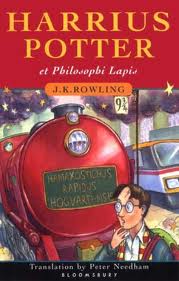Machine translation raises confidentiality issues
Time and cost are often cited as the factors that prompt companies to use computer software to translate documents. Unlike professionally translated texts, machine translation cannot guarantee accuracy but there seems to be another worrying issue for those using this method, and that is client confidentiality.
When handling sensitive documents, many companies are asked to sign a confidentiality agreement with their client to ensure that they will not divulge the information they have been given to any third parties. This particularly applies to the translation of legal documents which are often of extremely sensitive nature. In its’ Terms of Service, Google Translate states, ‘ When you upload, submit, store, send or receive content to or through our Services ,you give Google (and those we work with) a worldwide license to use, host, store, reproduce, modify, create derivative works, (such as those resulting from translations, adaptations or other changes we make so that your content works better with our Services), communicate, publish, perform, publicly display and distribute such content.’
Not surprisingly, the above quoted Terms that claim that information can be reproduced and distributed by Google as they see fit is rather worrying for those companies that use their translation tool. Many might unwittingly breach client confidentiality by simply pasting a foreign language text into Google Translate only to find out that it contains confidential material once it has been translated. Others, on the other hand, might not be aware of the search engine’s terms and could also be compromising confidentiality when using the software to translate official documents.
There has been quite a bit of controversy over how Google stores and shares personal information and indeed we are often told that anything confidential or even incriminating should not be uploaded on the net or shared on social platforms.
The same rule should apply to the translation of official and confidential documents. Whilst it is perfectly fine to translate the odd word or sentence, in order to stand on the side of caution, it’s best not to copy and paste whole chunks of text into the translation tool. Translation agencies are used to handling confidential documents and many have data security certification which gives client’s peace of mind that their sensitive information will not be compromised in any way.


